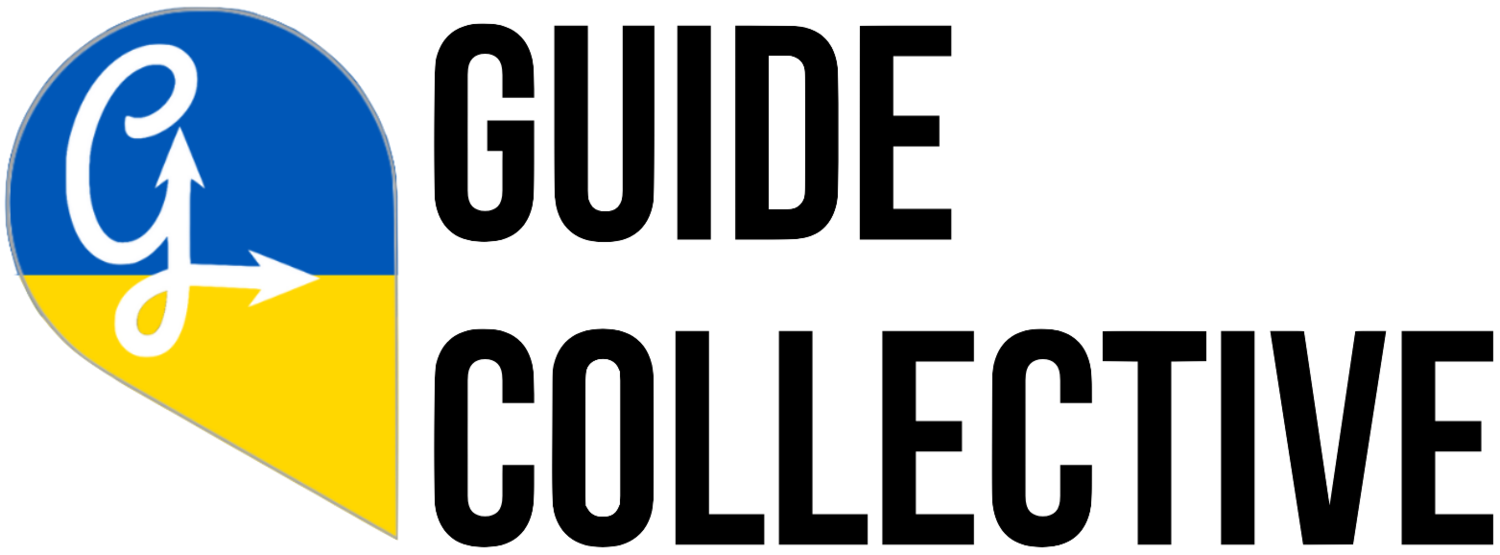The Day I Became Basque
Fran Glaria | Traveling Steps
I was born in Navarra, the original birthplace of the Basque culture. Being Basque, is neither good nor bad (like it used to be). I feel, I live, and I love like anybody else in the world, although there are some circumstances that came to me due to the non-visible inheritance of genetics or ancestral tradition. Also, there are other circumstances, more visible, born from political decisions.
AM I BASQUE?
I found out about my Basqueness in my adolescence, fully coinciding with the Spanish Transition. Spain changed in 1975, from a 40-year dictatorial government to a modern democratic country. It was the moment when ETA (Basque terrorist organization similar to the IRA in Northern Ireland) was setting the pace for Spain. I observed with surprise how people from other regions in Spain thought about what we, Navarrese, should be. Spain put tags on us. Tags that were not 100% what I felt. Some said we were all ETA supporters, and we should all burn in hell. Others said we had nothing to do with the Basques because Navarra had never had anything to do with the Basques. At the beginning, and out of prudence, many like me passed by this issue on tiptoe. Later, I was more inclined to the side of having nothing to do with the Basques. I didn't want to be related to the beliefs of a terrorist organisation . Now that I think about it, I regret the frivolity with which such an intimate subject was played in my own land.
Basque scenes
Images | (left and top) Fran Glaria | (bottom) Harrieta171, Wikimedia Commons
Anyway, when I turned 18, my parents sent me to the USA to study my senior year in high-school. That was a big cultural shock to me. Can you imagine a teenage Spaniard going from an all- boys private Catholic School to an American public high-school? What a shock! In Spain, I was not allowed to talk directly to the teachers without their permission, we had to wear a uniform, and of course, there were no girls.
The adaptation to all of that really took me a while. Out of these chaotic moments (cultural and hormone chaos), my grades were not as good as expected. My math ones were especially terrible. Nevertheless, I would like to thank Mrs. T., my math teacher. Every single day for over a month, at lunch time, she would take me aside and explain everything over and over and over again. Besides thanking her for my mathematical skills, I have to thank her for one sentence that changed my life: “Young man, you are so Basque!”
At the beginning, I didn't get it, and I was even offended by that statement. In my brain, she was placing me on the side of ETA, the terrorist organisation. Later, I realized that Mrs. T. had no idea about Basque politics. She was talking about something deeper. She was talking about who I am, my DNA, my roots, my heritage. She told me that I was a very responsible, hardworking and stubborn Basque man. Mrs. T. recommended me to visit the Basque house (Euskal Etxea) in town, the Kern County Basque Club.
Celebrating Basque heritage
Image | Kern County Basque Club
EUSKAL ETXEA
The moment I set a foot in that magical place, I realized what she meant. I was Basque, I was home. That smoky smell, the music, the long family-style tables, the Pelota Fronton (pelota court), the wrinkled faces of those old men playing cards (mus, a Basque card game, to be exact) reminded me of my grandpa. It didn't just look like home, it felt like home, it was home. I still get goosebumps when I think about it.



By the way, I forgot to let you know that I studied in Bakersfield, California, one of the cities in the USA with the largest and more active Basque communities.
For the rest of that year, I would go there at least twice a month. It was the time before the internet. Do you remember that time? Some of the oldest men who frequented the place were shepherds. They would sit with me and ask me things about home: “Have you ever been to Elizondo?” “Do you know if restaurant Kasino in Lesaka is still working? I dated one of the owner’s daughters” “Tell us something about Guetaria” etc..
Image | Patricia Wood
Image | Fran Glaria
It took me an ocean of separation to realize that I am Basque. In Bakersfield, I understood why I do things the way I do. I discovered the power and honor of words. In our culture the oral transmission is more important than the written one. When a Basque tells you that they will do something, you really don't need to sign a contract. It will be done.
Basque Dancers
Image | Kezka Dantza Taldea Eibar, Wikimedia Commons
One of the strongest identities in the Basque culture is the music and the dancing. I hope you’ll take a moment to enjoy this video and get a deeper insight into what makes me me…what makes the Basques Basques.





